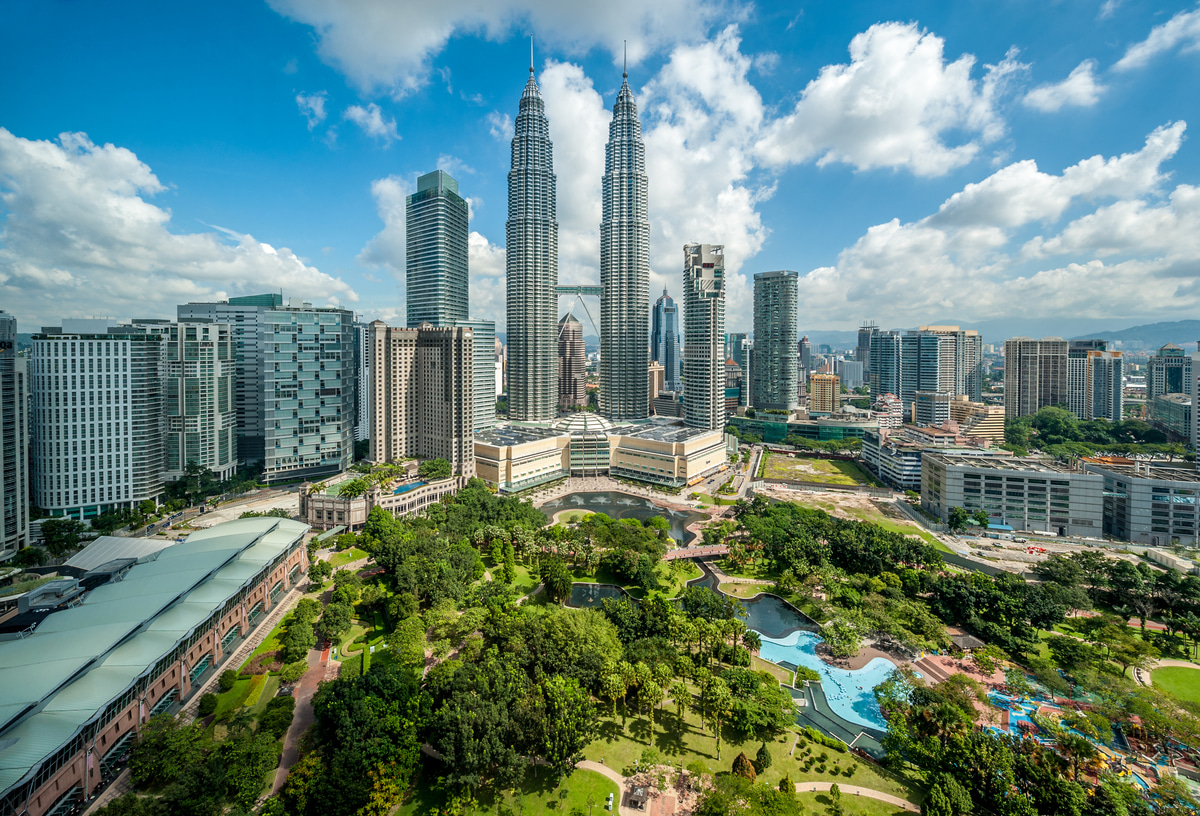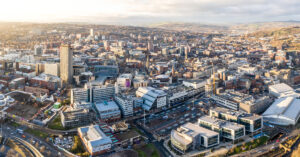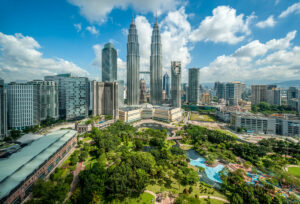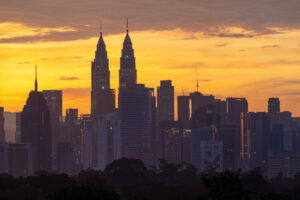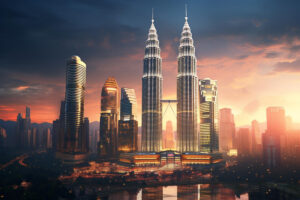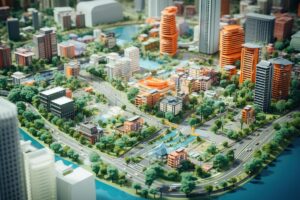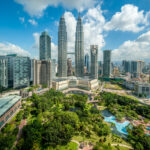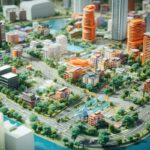The journey to becoming low carbon cities is not exactly a walk in the park in today’s scenario. Nevertheless, Malaysia’s journey to becoming a low-carbon nation is ambitious and necessary in the face of global climate change challenges.
This transformative path is complex, requiring a balance between rapid urbanisation, economic growth, and environmental sustainability. Indeed, as Malaysia progresses, it faces the dual task of reducing its carbon footprint while advancing economically.
With the surge in population and economic growth come increasing emissions that will sooner or later be detrimental to the environment, making the transition to low carbon cities a critical step towards sustainability.
Understanding Low Carbon Cities
In essence, low carbon cities aim to minimise their carbon footprint to reduce global carbon emissions. These metropolitan areas strive to balance urban development, environmental sustainability, and economic growth in their governance.
Furthermore, it involves embracing energy efficiency, sustainable living, and reducing reliance on carbon-intensive resources without compromising economic development and potential.
A United Nations Development Programme (UNDP) publication predicts that about two-thirds of the world’s population will live in cities by 2050. This forecast may appear optimistic to some due to the many opportunities and conveniences of living in urban areas.
However, it’s important to note that unregulated urban growth can exacerbate environmental challenges due to carbon emissions. Therefore, crucial to this transition is the holistic planning of urban areas, ensuring that cities are designed with sustainability at their core.
It is certainly not an easy task to execute; hence, it goes without saying that building a low carbon city is a team effort that requires hard work.
Read More: Living in the City or Suburbs is Better in Malaysia?
Malaysia’s Progress in Developing Low Carbon Cities
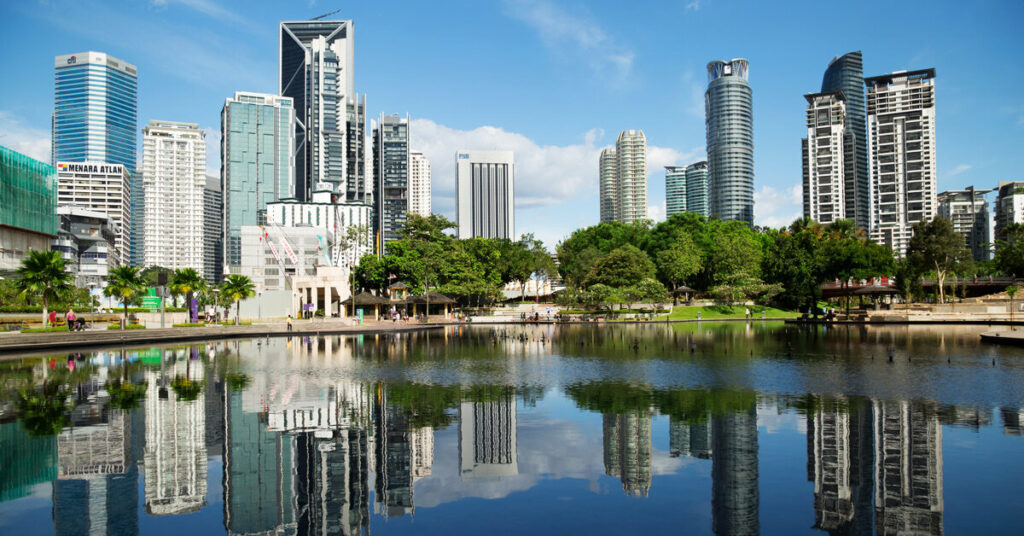
Charting a Course Towards Low Carbon Cities: Malaysia’s Pioneering Journey
Malaysia’s transformative journey towards low carbon cities serves as a model for urban sustainability. The country’s proactive steps and robust policies highlight its commitment to achieving low carbon status.
This dedication is evident in Malaysia’s strategic approach, setting an example for nations aspiring to reduce their environmental impact.
Addressing a High Carbon Footprint
Historically, Malaysia has grappled with a carbon footprint significantly larger than that of its Southeast Asian neighbours.
Reports from carbontrust.com indicate that Malaysia’s carbon footprint is approximately eight times that of the Philippines, four times more than Indonesia or Vietnam, and twice as high as Thailand’s.
This stark contrast has propelled Malaysia into action, catalysing a national movement towards environmental responsibility.
A Pledge for Change and International Collaboration
In a landmark decision at the 15th United Nations Framework Convention on Climate Change in Copenhagen in 2009, Malaysia committed to substantially reducing its carbon emissions.
Since this pivotal moment, the nation has actively participated in the annual United Nations Framework on Climate Change Conferences (COP). These conferences have been instrumental for Malaysia, offering a platform to share progress, learn from global experts, and build strategic alliances in the fight against climate change.
Setting Ambitious Targets
By 2023, Malaysia had set ambitious targets for its National Determined Contribution (NDC), pledging to achieve net-zero emissions by 2050.
Furthermore, the country aims for a 45% reduction in CO2 intensity relative to its GDP by 2030, a commitment reiterated at COP26 and COP27.
These goals reflect Malaysia’s dedication to a sustainable future, aligning with global efforts to combat the escalating climate crisis.
Implementation of Low Carbon City Concept in Malaysia
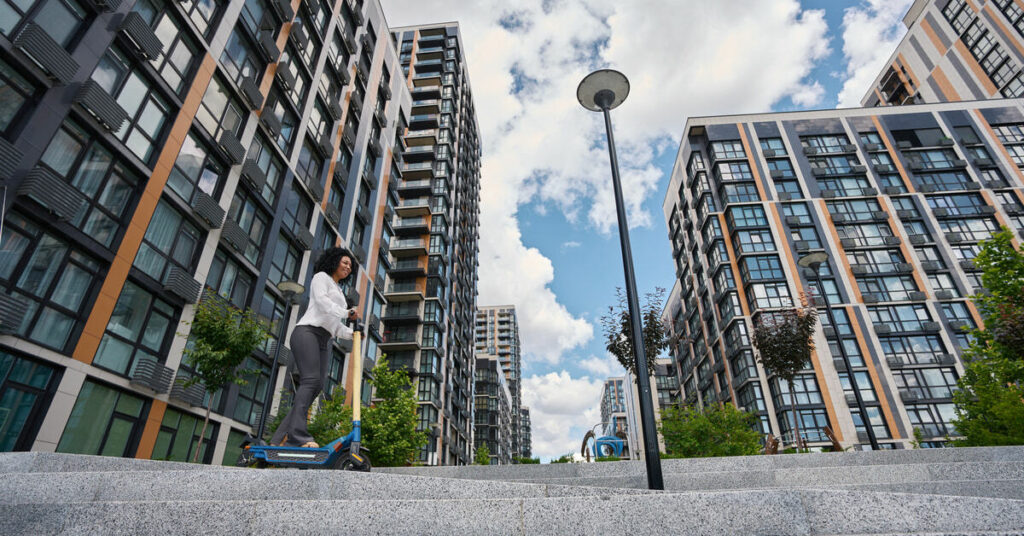
As one of Southeast Asia’s most urbanised countries, Malaysia strives to become a global leader in low carbon cities.
Initiatives include the Low Carbon City Framework (LCCF) Programme, which provides guidelines for sustainable development, and the Kuala Lumpur Low Carbon Society Blueprint of 2030, targeting a 70% reduction in the city’s carbon emissions by 2030.
The Green Technology Application for the Development of Low Carbon Cities (GTALCC) project further exemplifies Malaysia’s approach, showcasing low carbon development across five pilot cities: Putrajaya, Cyberjaya, Petaling Jaya, Hang Tuah Jaya, and Iskandar Malaysia.
Read More: Kuala Lumpur Structure Plan 2040: Town Planner KL
Iskandar Malaysia: A Model for Low Carbon Development
Iskandar Malaysia, the country’s first low carbon development, is a testament to years of meticulous planning and sustainable development. It is located in the state of Johor, covering the Johor Bahru, Kulai, Kota Tinggi, and Pontian districts.
The region’s vision encompasses balanced regional growth, environmental protection, enhanced urban connectivity, and optimisation of the built environment.
Read More: Climate-Smart Cities in Malaysia: A Response to Climate Change
Malaysia’s Future As a Low Carbon City
Looking forward, Malaysia’s potential to reduce carbon emissions is immense. With the climate emergency at the forefront of global discussions, developing low carbon cities is vital for a sustainable future. As society leans towards sustainability, today’s collective decisions will shape tomorrow’s outcomes.
As a town planner in Malaysia, PEQ Consult plays a pivotal role in this transformation, offering expertise in project development and town planning in Malaysia. Our mission is to foster high-quality, sustainable living environments, leveraging innovative technologies to build a greener Malaysia.
Contact us today to join the revolution towards an evergreen future in Malaysia!

